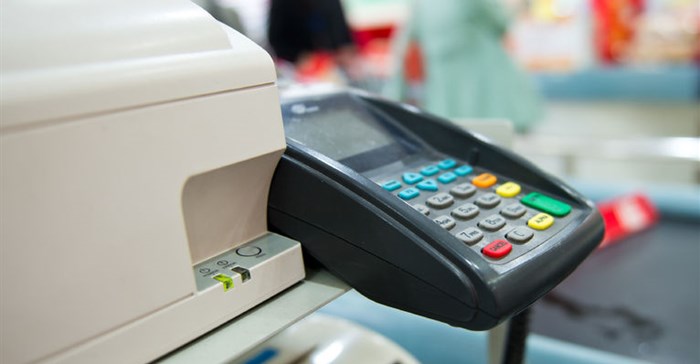
Top stories






LifestyleWhen to stop Googling and call the vet: Expert advice on pet allergies from dotsure.co.za
dotsure.co.za 2 days
More news

















Customer experience is the new king, and RFID seems to be the ace in the pack in this critical business arena — abroad, at least, where it is also proving its value in open-pit and underground mining, tyre management, healthcare, and asset care. A relative newcomer in the digital world, RFID technology uses wireless electromagnetic fields to transfer data to identify and track tags attached to objects automatically.
With RFID’s instant scanning of an entire shopping trolley, snaking queues at checkout counters could soon become a fixture of the past. With that, comes the automatic reduction of the number of tills required, freeing up space to display additional merchandise. This, in turn, results in cost savings and the potential of increased sales.
With RFID, store managers get a real-time, accurate view of stock levels, enabling efficient stock management and forecasting. Because radio waves are conveying the information, scanning doesn’t even require line of sight.
With the ability to increase the levels of available stock through RFID tracking — just enough to avoid excess stock — revenue can improve. This stock management system virtually eliminates the potential number of items for mark-down to maintain stock-turn levels. These innovations have an effect on profitability. Shrinkage — which is a major deterrent to growing a healthy bottom line — is reduced, as tags are programmed to trigger an alert at an attempt to remove them.
There are untapped possibilities of pairing RFID technology with smart devices. From assisting customers to find what they are looking for, to suggesting recipes or complementary goods for items that have been selected and placed in a trolley, a whole new way of shopping is made possible.
Clothing retailers in the US are leading the charge in using RFID tags in stores and, coupled with other technologies, are creating customised shopping experiences.
By using smart mirrors, customers can now be treated to product information on the garment they’re trying out, pairing suggestions and sizes in stock. They can request that a different garment, size, or colour be delivered to the fitting room.
But this technology brings with it a double-edged sword: while there’s peak efficiency resulting in improved customer experience, having little human interaction required will reduce "error costs" but translate into job losses.
In SA, the technology has not yet been adopted widely. But what would the opportunity cost be for local store owners considering migrating from the conventional barcode system to RFID?
For starters, they will lose the customers who prefer the sense of control from observing item-by-item scanning, and those who prefer the human interaction with cashiers at the till. They will also run the risk of losing customers who are opposed to the use of the radio waves in RFID, which could jeopardise their privacy.
But on a macroeconomic level this operational shift, which would contribute to the shedding of a considerable number of retail jobs, could give rise to social unrest. With the efficiency of scanning an entire shopping basket or trolley at once — instead of having to scan items individually with the barcode system — stores would need fewer cashiers. On a microeconomic level, implementing a full-scale RFID system would place larger retailers at an unfair advantage, as they are able to absorb the potentially prohibitive costs.
Employees’ remuneration would need to be adjusted in line with the reduction in workload after the system is adopted. But store owners may need more packing staff, for example, to accommodate the increased volume of merchandise. The result would be increased turnover and profits, which would ultimately lead to an increase in contribution to the regional gross domestic product — a macro benefit.
Technology, such as RFID, is coming to a store near you — like it or not. The question is, though, are we ready for it?

For more than two decades, I-Net Bridge has been one of South Africa’s preferred electronic providers of innovative solutions, data of the highest calibre, reliable platforms and excellent supporting systems. Our products include workstations, web applications and data feeds packaged with in-depth news and powerful analytical tools empowering clients to make meaningful decisions.
We pride ourselves on our wide variety of in-house skills, encompassing multiple platforms and applications. These skills enable us to not only function as a first class facility, but also design, implement and support all our client needs at a level that confirms I-Net Bridge a leader in its field.
Go to: http://www.inet.co.za